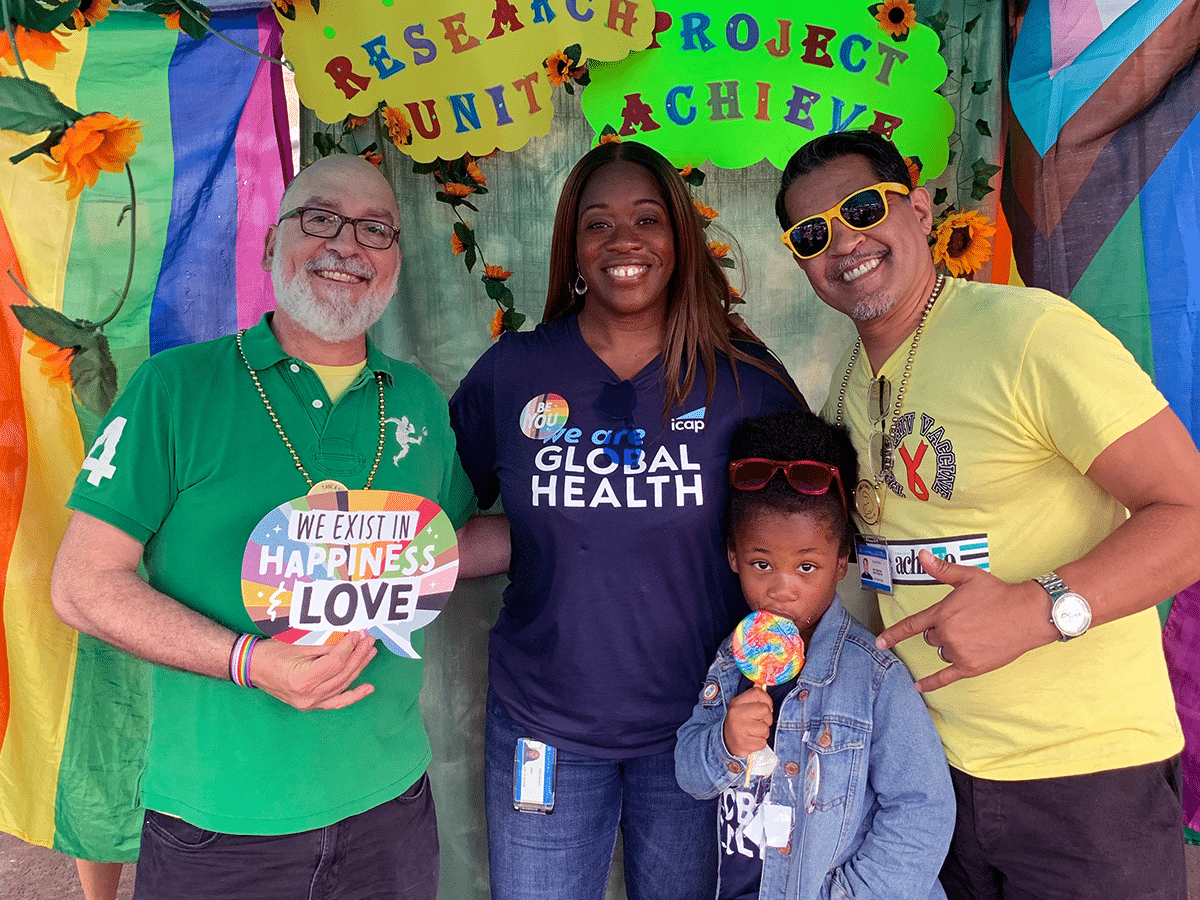In the shadow of the COVID-19 pandemic, preparedness for global health threats has come to the forefront as an urgent priority. The health and wellbeing of communities around the world depend on effective prevention of and response to infectious diseases and the looming specter of antimicrobial resistance (AR).
Under a new award from the US Centers for Disease Control and Prevention (CDC), ICAP at Columbia University will aim to improve prevention, detection, and response to antibiotic resistant bacteria in hospitals in Kenya. Working in close collaboration with the Ministry of Health and other stakeholders, ICAP will develop a network of four hospitals to improve the country’s ability to detect bacterial infections, determine antibiotic resistance in the infections, assess antibiotic use and the prevalence of health care-acquired infections, and develop an antibiotic stewardship collaborative to improve the use of antimicrobials at the hospitals. These activities will be based on principles of quality improvement and will use a variety of methods including laboratory evaluation, mentorship, and point prevalence surveys. ICAP will also support capacity of the National Public Health Laboratory in Kenya to detect and test for AR.
“Antimicrobial resistance is a growing threat to public health around the world and we need to get ahead of the curve if we are going to stave off potentially catastrophic health crises in the near future,” said Yen Pottinger, PhD, senior advisor for laboratory surveillance at ICAP, and principal investigator for the project. “ICAP’s antimicrobial resistance work in Kenya promises to help the country protect its tremendous gains against infectious diseases while creating a bulwark against population health threats that may be lurking just over the horizon. And we believe it can serve as a model for expansion to other countries as well.”
ICAP has been a leading partner of the ministry of health in Kenya since 2006, strengthening the national response to HIV and COVID-19, and advancing the laboratory system, infection prevention and control (IPC), and global health security. In collaboration with the Ministry of Health and CDC, with funding from the President’s Emergency Plan for AIDS Relief (PEPFAR), ICAP also conducted the Kenya Population-based HIV Impact Assessment (KENPHIA) to measure the impact of HIV programs. ICAP will now capitalize on its many longstanding partnerships in the country to support the national AR response as it continues its collaboration to strengthen Kenya’s health system.
The award to ICAP is one of a series of grants the CDC has made to nearly 30 organizations around the world to combat antimicrobial resistance and other health care threats through the establishment of two new networks—the Global Action in Healthcare Network (GAIHN) and the Global AR Laboratory and Response Network (Global AR Lab & Response Network) – along with additional short-term AR innovation projects that will span more than 50 countries worldwide and build programs that focus on preventing infections in health care through proven infection control; build laboratory capacity to detect antimicrobial-resistant organisms in healthcare, the community, and environment; and develop new and innovative ways to more rapidly detect and respond to threats like AR and COVID-19.
“Antimicrobial resistance is not going away and new AR threats will continue to emerge. CDC’s domestic AR Lab Network is an established model for detecting emerging antimicrobial resistance threats. Today, these new investments will build on this model and span much of the globe, leveraging proven expertise to fill critical gaps and inform data-driven responses before threats can spread in communities, across borders, or around the world,” said Denise Cardo, MD, Director of CDC’s Division of Healthcare Quality Promotion. “We also know that evidence-based prevention in health care stops AR threats and other infectious diseases. These new programs will fill infection control gaps to keep patients safe and contain threats immediately when they do inevitably emerge.”
Read the CDC’s announcement here.
———————
About ICAP
A major global health organization that has been improving public health in countries around the world for nearly two decades, ICAP works to transform the health of populations through innovation, science, and global collaboration. Based at Columbia Mailman School of Public Health, ICAP has projects in more than 30 countries, working side-by-side with ministries of health and local governmental, non-governmental, academic, and community partners to confront some of the world’s greatest health challenges. Through evidence-informed programs, meaningful research, tailored technical assistance, effective training and education programs, and rigorous surveillance to measure and evaluate the impact of public health interventions, ICAP aims to realize a global vision of healthy people, empowered communities, and thriving societies. Online at www.icap.columbia.edu








